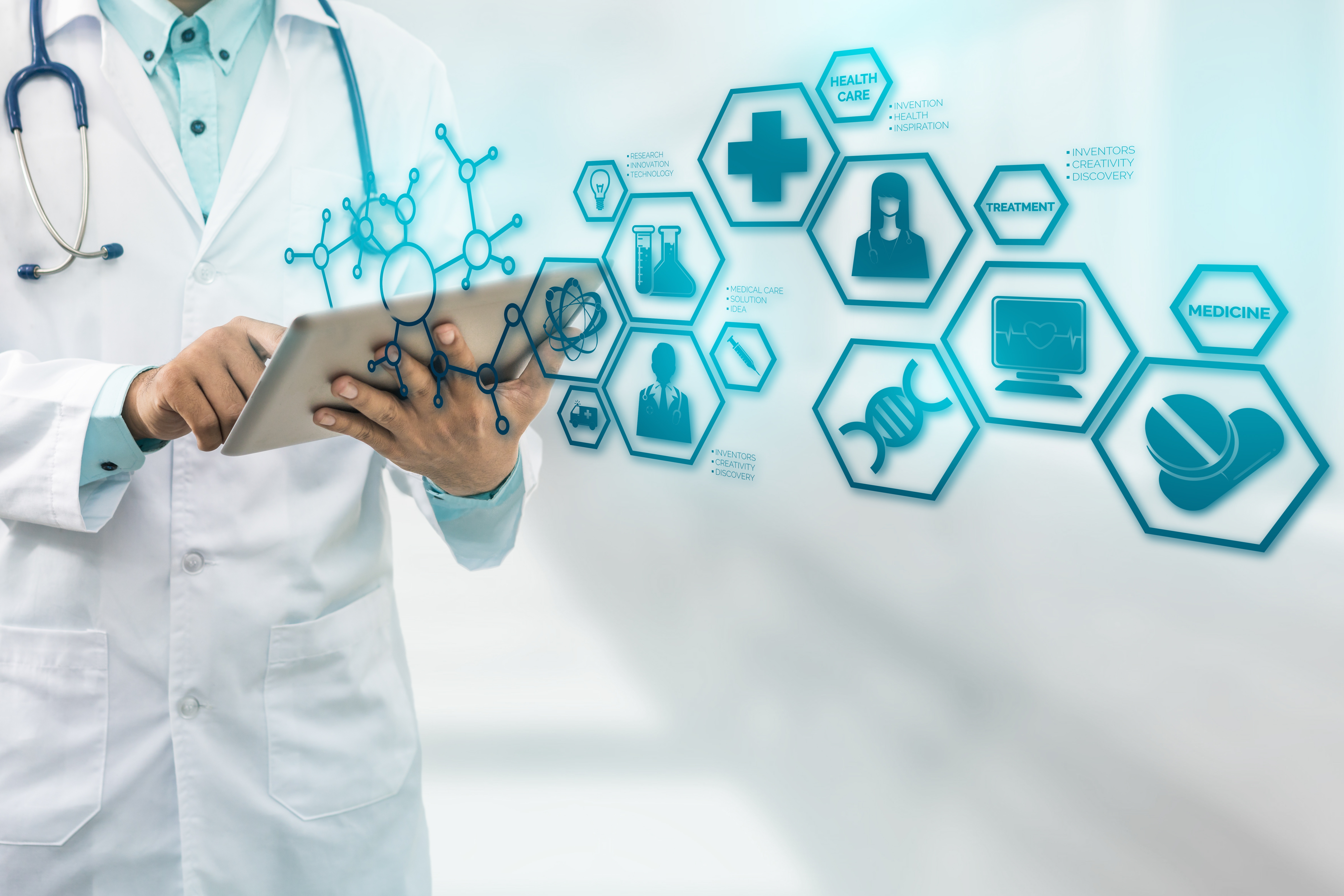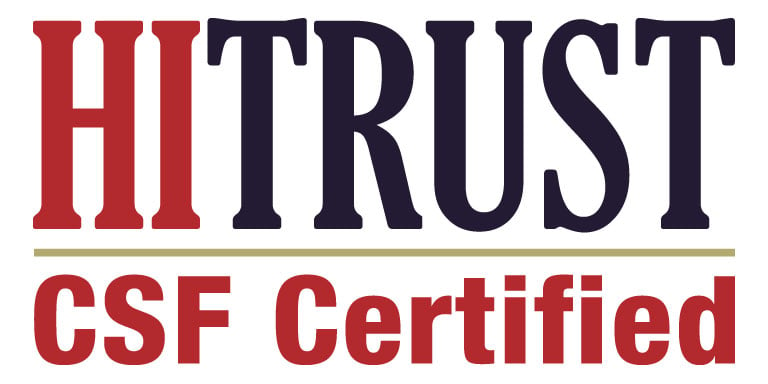The growth of “big data” has revealed one undeniable truth: the more data available, the better the insights and the more that you can learn. That is certainly the case in the healthcare industry where biopharma, health plans and providers are generating, consuming and collecting more data than ever before.
Traditional data sources like electronic health system records (EHR), claims, and labs spurred a wave of population health efforts in the early 2000's. These programs promised to reduce costs and improve outcomes for patients, but were based on models of care for a hypothetical average...
When most people hear or read about liver disease they most likely think of hepatitis or perhaps alcohol-induced cirrhosis. Though serious diseases, there is a more prevalent liver disease that is on the rise and affecting an estimated 16 million Americans [1].
The disease, NASH (nonalcoholic steatohepatitis) is expected to be the primary reason for liver transplants by 2020. Patients that have it experience few or no symptoms—most don’t even know they have it until it leads to cirrhosis or liver failure. Worse, there are currently no approved medicines to treat it. The cost of the disease to...
Not so long ago key stakeholders in the healthcare industry tended to operate in their own separate worlds. Biopharma companies, health plans, providers and healthcare consumers certainly interacted, but in most cases they each focused on dealing with their own specific challenges.
A recent study revealed that nearly half of all pipeline compounds and close to three quarters of oncology compounds are utilizing biomarker data during the drug development process. The same report indicated that investment in biomarker identification by biopharma has doubled over the past five years and is forecasted to increase over the next half decade. [1]
Biopharma’s increasing reliance on molecular data (most commonly genomic and proteomic) and the identification of specific biomarkers in the drug development process should not be surprising. Healthcare is transitioning to value-based...
The availability of data combined with the power of Artificial Intelligence (AI) is causing disruption and raising questions across a number of industries, including healthcare. The electronic medical record has provided digitized health information. Genomic data is now working its way into datasets. There have been impactful innovations in the areas of targeted intervention, drug and device development, software applications, population health approaches, collaboration among healthcare stakeholders and, precision medicine.
Hardly a day goes by without someone publishing an article on how artificial intelligence (AI) is revolutionizing the healthcare industry. No doubt AI is impacting multiple areas of the healthcare landscape from biopharma to health systems, to heath plans to patients.
One recent survey reported that 90 percent of pharma companies believe that AI is critical to their success.[1] Another report has 42 percent of healthcare system leaders saying they have or are planning to add AI as a tool for disease management.[2] Some even suggest AI will eventually replace physicians when diagnosing...
More than 30,000 people a year are diagnosed with multiple myeloma in the United States, making it the second most common type of blood cancer. Researchers have yet to find a cure, in part due to the diverse ways the disease manifests itself, but recent advances in cancer research have made it a treatable disease.
The availability of genomic data and power of artificial intelligence is driving more progress in the understanding of multiple myeloma. Causal machine learning (causal ML) – a powerful form of artificial intelligence – has the ability to reduce the time to study disease and...
By Patrick Getzen, Chief Data and Analytics Officer of Blue Cross and Blue Shield of North Carolina
Clashes between the traditional and the novel are as old as time itself. Change is rarely welcomed, so anything new that comes along often faces a rough road to acceptance. However, that is not the case when it comes to the types of data that are now becoming available in the world of healthcare. The merging of new and traditional healthcare data promises to lead to a new era of discovery and offers significant benefits for patients, providers and payers.
Is it possible to feel a close, personal connection with someone you’ve never actually met? That was certainly the case for me when it comes to Dr. Stephen Hawking. I was deeply saddened when I heard of his passing this week, not only because the world would no longer benefit from his enormous contributions, but because he inspired me to choose my current career path.
Current cancer treatments provide benefits to only one out of every four patients. Drugs for Alzheimer’s are ineffective for 70 percent of patients. Medicines for arthritis (50%), diabetes (43%), and asthma (40%) have no benefits for large portions of afflicted individuals. In general, according to a report from the Personalized Medicine Coalition (PMC), many FDA-approved drugs are ineffective on average for nearly half the targeted patient populations.
These sobering statistics are hard to believe in an era of advanced technology, but not so surprising when you get to the core issue....

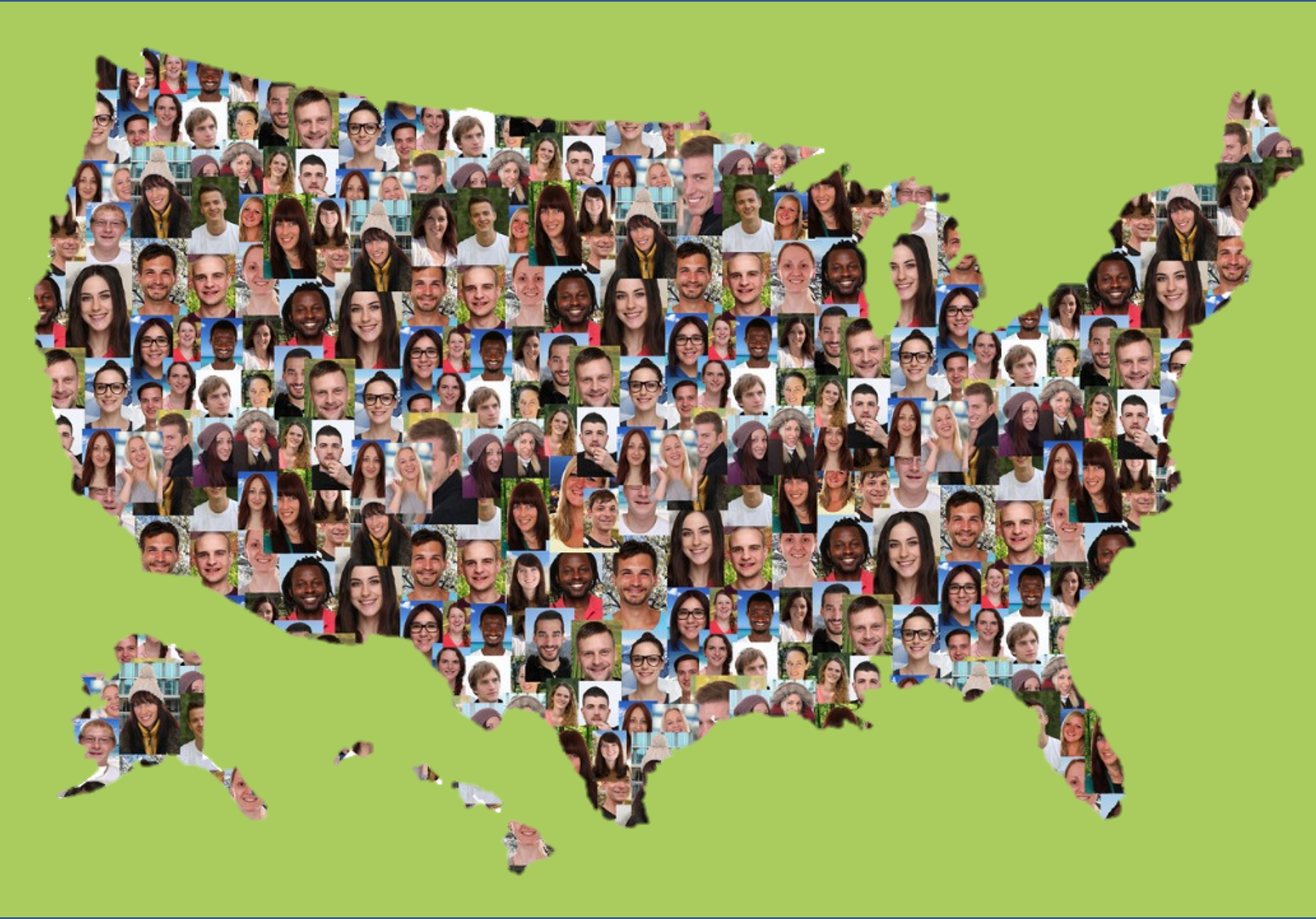
.jpg)
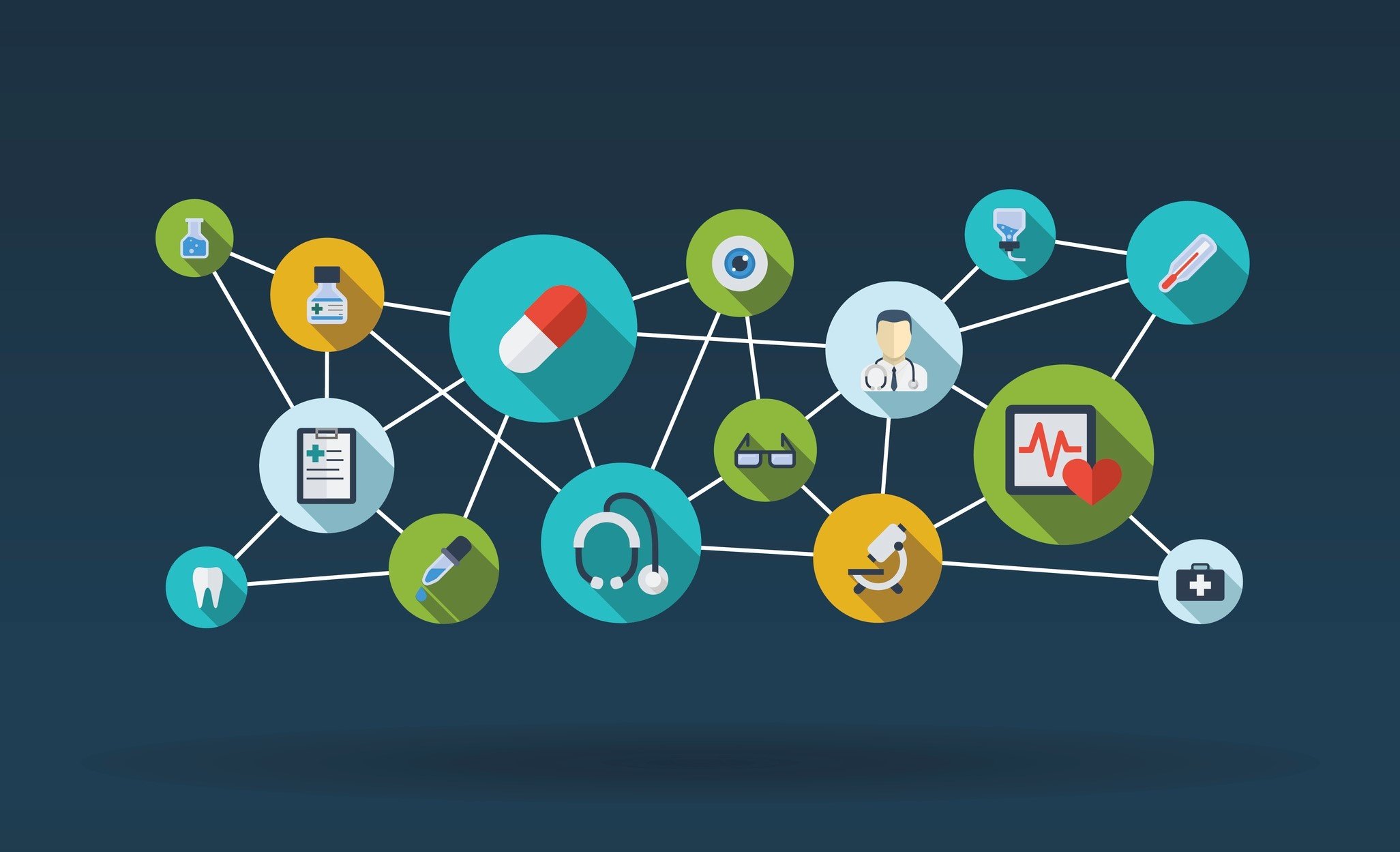
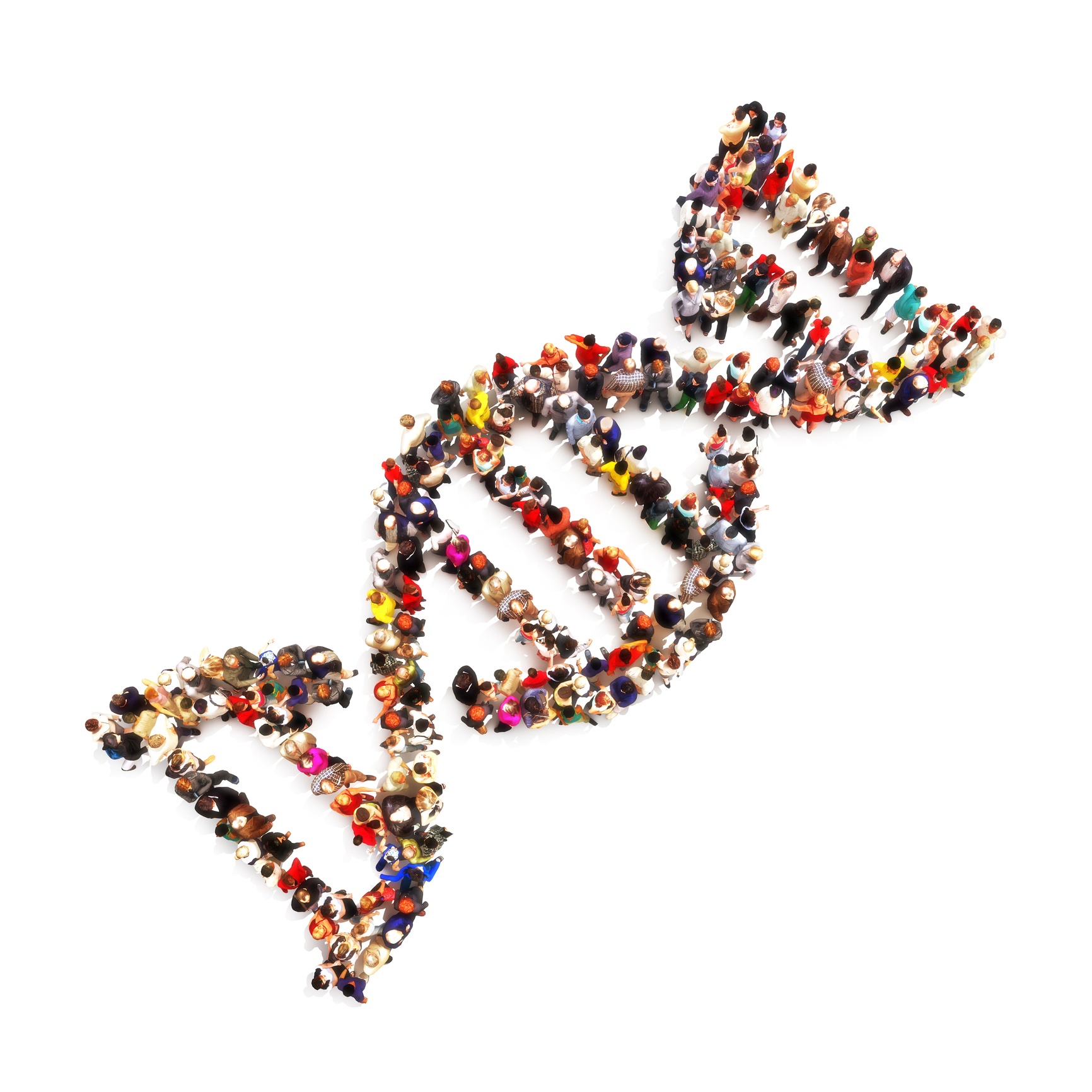
![Pyramid_Updated 4.11.18 [3]](https://info.aitiabio.com/hubfs/Pyramid_Updated%204.11.18%20%5B3%5D.png)


